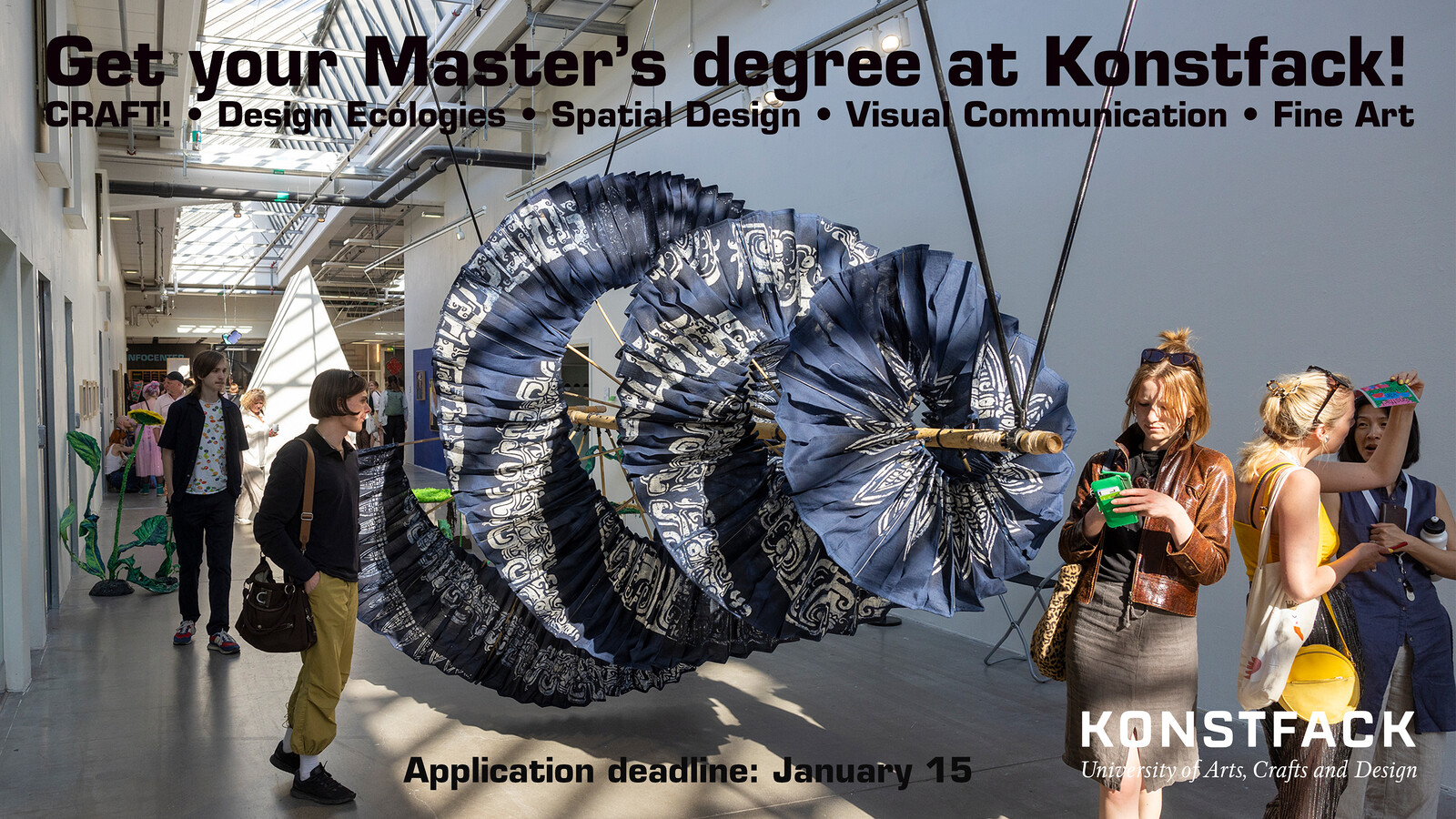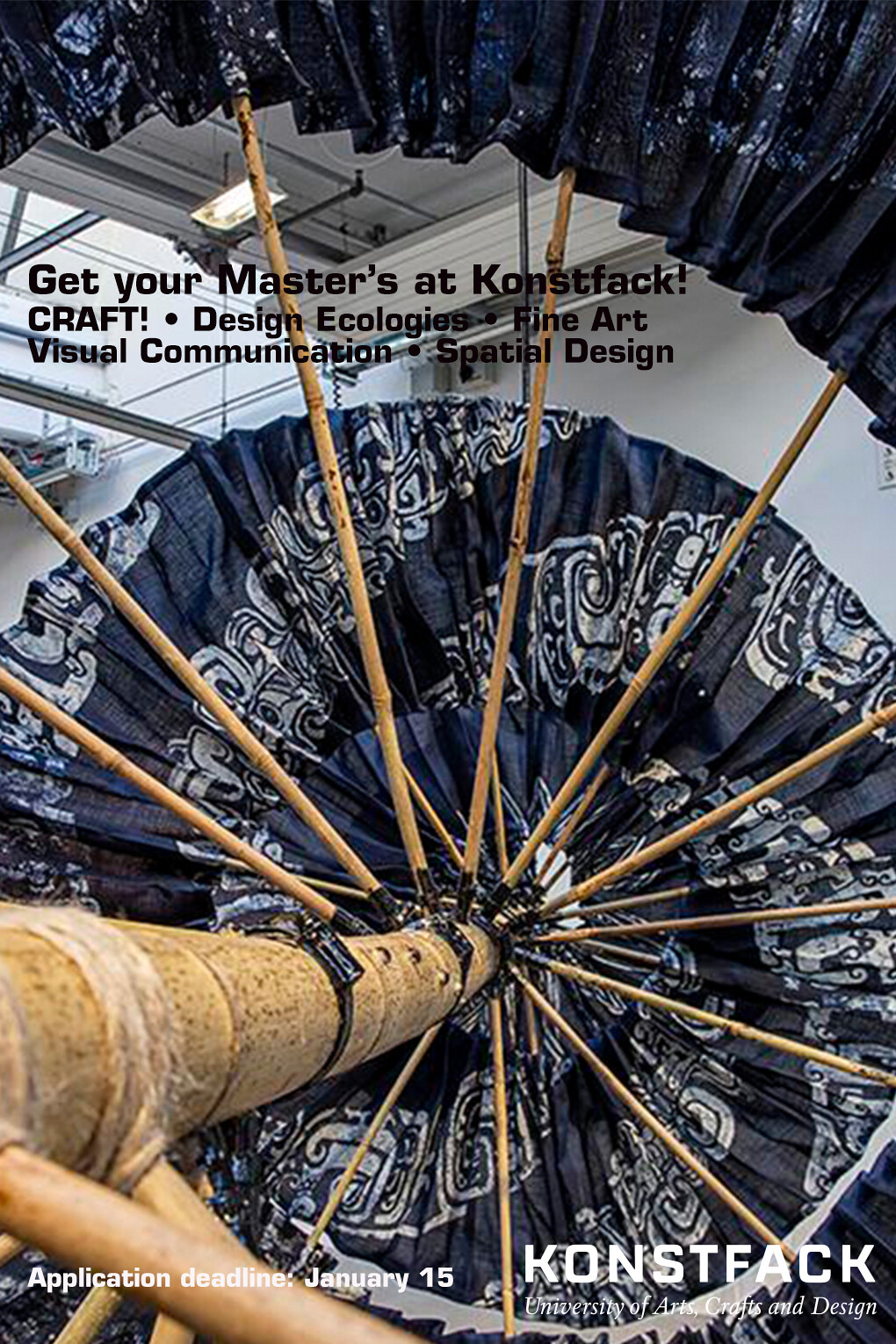Dependency
Patricia L Boyd, Moyra Davey, Melanie Gilligan and Marianne Wex
20 June–3 August 2014
Preview: Thursday 19 June, 6:30–8:30pm
Gasworks
155 Vauxhall Street
London SE11 5RH
www.gasworks.org.uk
The group exhibition Dependency explores the “lengthening chains of interdependence” that, according to German sociologist Norbert Elias, bind the micro and macro realms of social life. Presenting works by Patricia L Boyd, Moyra Davey, Melanie Gilligan and Marianne Wex, which all attempt to situate specific objects or actions within broader sociopolitical frameworks, the show reflects upon how material and ideological constructs, from the economy to patriarchy, implicate even the most routine aspects of the day-to-day.
Marianne Wex‘s photographic series Let’s Take Back Our Space: “Female” and “Male” Body Language as a Result of Patriarchal Structures (1975-79) presents an extensive taxonomy of the everyday gestures and poses of men and women on the streets of Hamburg in the mid-1970s. Coupled with short texts written by the artist, reproductions from art history books, and cut-outs from German newspapers and magazines, these images examine how male and female bodies have been gradually confined to highly coded and deeply prejudiced habits of movement.
To the unassuming eye, Moyra Davey‘s photographs appear like sketches or etchings depicting quiet, civil street scenes, with men and women walking arm in arm against a backdrop of public statues and regal facades. Part of the series Banknotes (1989), they are in fact close-ups of 10 USD and 100 USD bills. Rather than grappling with iconographic categories, like Wex, Davey focuses in on details to suggest that currency not only determines how financial transactions are enacted, but also how social relations are administered en mass, with the well-to-do characters shown in each scene further implying that financial structures remain tied to particular forms of bourgeois sociability.
Shifting our attention from the object of exchange to the ways that exchange permeates social relations today, Melanie Gilligan‘s four short HD videos 4 x exchange / abstraction (2014) present a series of emblematic tales on the traumas of contemporary capitalism. The work mimics punchy TV editing styles, dips into voguish 3D computer animation and makes use of well-worn digital cross-dissolves and “datamoshing,” a technique of intentional digital image breakdown popular in recent music videos. The ambiguous signification of these images and materialities double up to become uncomfortably explicit: the “flicker” technique, for example, manifests the mediating quality of exchange, while the altered code in datamoshing produces an analogue of the reshaping and suspension of time in financial exchange. The images created by this technique, however, gloss over such a signification. Amid the hypertrophied commercialism of these condensed narratives and over-blown effects, it is an animated allegory of a hand and a vase that delivers the most overt statement about everyday life, subjectivity and expropriation in contemporary capitalism.
Finally, a new commission by Patricia L Boyd focuses on the metal structure by Gasworks’ entrance—a heavy piece of steel with a flexible set of functions that engineer both the visibility and security of the building—and uses it to reflect back on architectural discourses of accessibility.
Dependency is the fourth exhibition of The Civilising Process, a year-long programme of exhibitions and events at Gasworks inspired by German sociologist Norbert Elias’ eponymous 1939 book, which looks at the development of the tastes, manners and sensibilities of Western Europeans since the Middle Ages. Between October 2013 and November 2014 Gasworks is working with invited artists to tackle a wide range of issues raised by this book in an attempt to understand their relevance for contemporary debates and practices. The Civilising Process comprises five exhibitions, a programme of interdisciplinary events, contributions to Gasworks’ online platform Pipeline and a printed publication.
Thanks to the artists, Mike Sperlinger, Greengrassi and Galerie Max Mayer.
Special thanks to Mike Sperlinger for making it possible for us to present Marianne Wex’s work.



